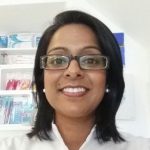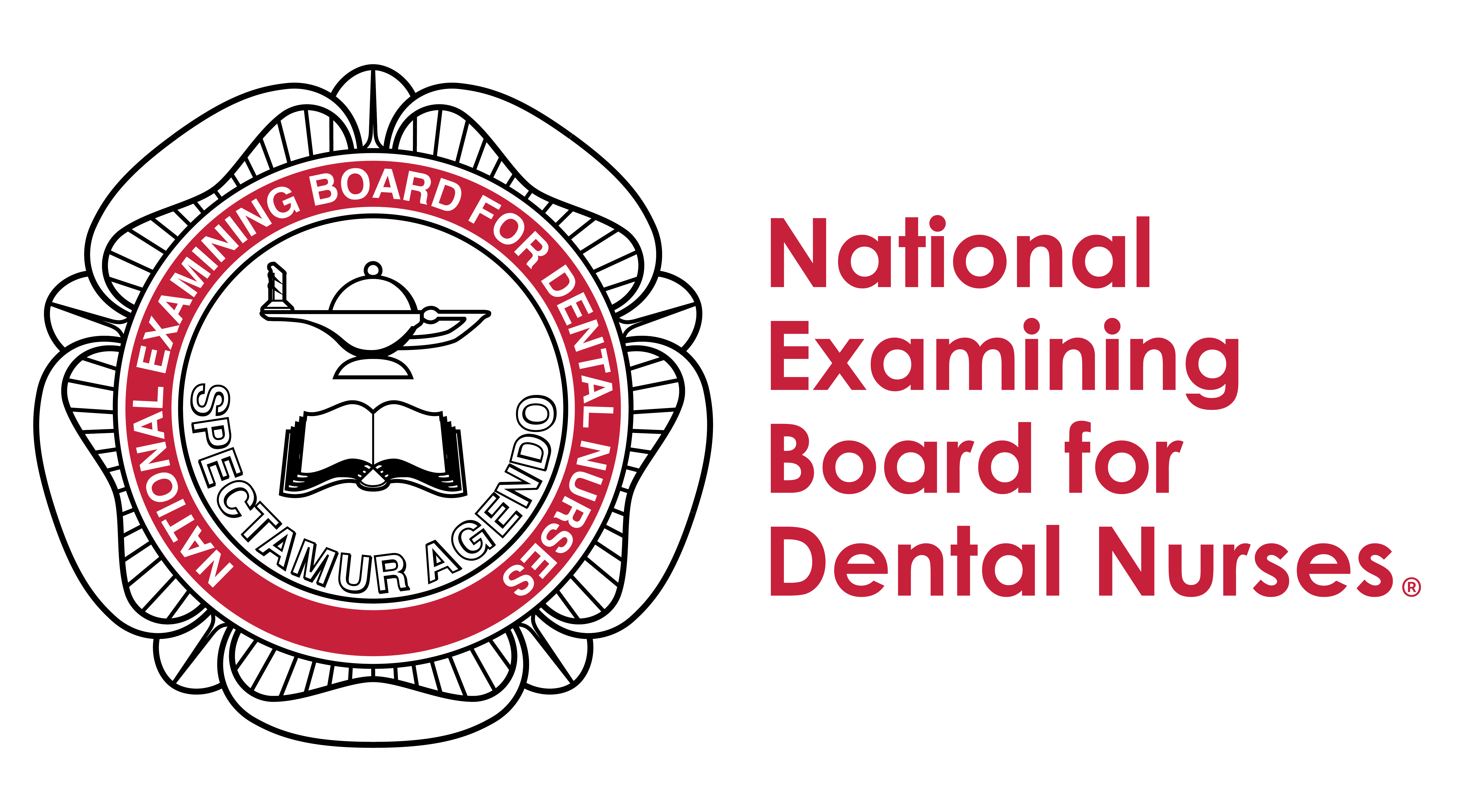Forensic odontology and how you can get involved
The latest instalment of Crowning Careers comes from Dr Camilla George, who talks about how you can get involved in forensic odontology.
While studying at my local Grammar School, I was given the opportunity to organise work experience in any chosen profession. During this time, I shadowed an orthodontist at my local dental practice. I also had work experience at my local hospital where I shadowed on different days a consultant oral surgeon, two junior doctors and a pharmacist. Work experience has been largely instrumental in helping me to select my profession.
After a period of reflection, I decided that I wanted to be a dentist. I obtained a full-time job as a dental nurse during my summer holidays which strengthened my decision to pursue a career in dentistry. In 1999 I started studying dentistry at Charles Clifford Dental Hospital, Sheffield University. I qualified as a dentist in 2004, completed my vocational training year in Community Dentistry and then went on to work as an oral and maxillofacial Senior House Officer in a hospital. My first experience of forensic odontology was identifying a group of young adults who had died in a car crash. After completing my MFDS with the Royal College of Surgeons in London, I moved into general dental practice.
While working in a very supportive practice in Oxfordshire, I started my MSc in Forensic Odontology in 2011. Halfway through the postgraduate course, I set up a dental practice in Gloucestershire which opened in 2012.
In 2013 I obtained an MSc (Distinction) in Forensic Odontology from the University of South Wales. A few years later, I completed a human identification mentoring program with two senior colleagues from the British Association for Forensic Odontology (BAFO). I was assessed by Dr Phil Marsden and Dr Nathan Brown. After completion of the mentoring program, I was approved onto BAFO’s list of forensic odontologists. Dr Brown’s teaching included how to use a portable x-ray machine with a digital sensor. I also learnt how to work alongside other forensic disciplines as I experienced my first DVI (Disaster Victim Identification) with Dr Brown. Dr Marsden passed on his experience of identifying bodies in different states of decomposition as well as helping me develop my skills to write a concise legal report.
Dental nurses are recruited for UK DVI and this organisation consists of many forensic disciplines including forensic odontology. The team can be deployed during a mass disaster in the UK and abroad.
Dental Care Professionals (DCPs) are encouraged to join BAFO by completing the membership form online. BAFO hosts an annual conference and the 2020 BAFO will be in Dundee. Not many DCPs attended this year. I encourage dental nurses to attend if you do wish to become involved. Dental nurses are underrepresented at the conference and BAFO offers reduced fees to DCPs to encourage attendance at the annual conference.
There is no set pathway or training for DCPs in forensic odontology, but this may develop in the future. I would like to see a list of trained dental nurses on BAFO’s website that forensic odontologists could contact.
For those wanting to get involved, your DCP representative at BAFO is Alison Lowe alli.lowe@icloud.com. If you have any further questions, please do contact me at my dental practice enquiries@dentartwork.co.uk

